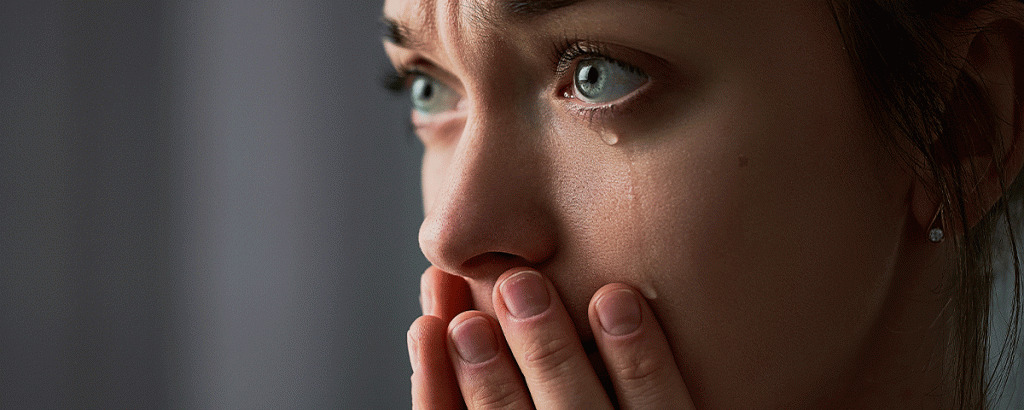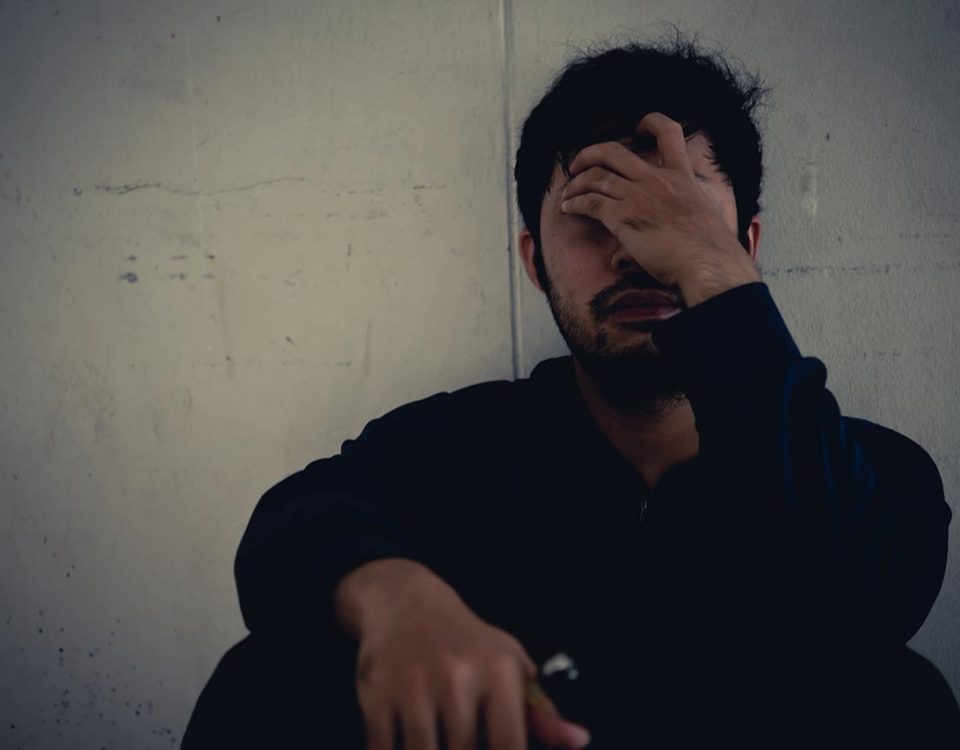Emotional sobriety is an aspect of addiction recovery that few people understand.
Half of the fight against addiction is mental. Many people turn to drugs and alcohol in an attempt to cope with negative thoughts and emotions. It’s normal for these individuals to develop an attachment to these substances that goes beyond a physical need. Achieving emotional sobriety is just as important as achieving physical sobriety. Our drug and alcohol treatment center in Boca explains what it means to be emotionally sober and why it’s crucial to a full recovery from addiction.
What is Emotional Sobriety?
Emotional sobriety is when you’re able to confront and properly cope with the negative thoughts and emotions you ignored when engaging in substance abuse. It’s a concept that was introduced by Alcoholics Anonymous (AA) and is incorporated into the twelfth step of the 12-step program. The emotional sobriety of AA understands that drug and alcohol abuse is often the reaction to negative emotions, so it’s understandable why people develop a psychological attachment to these substances. When an addict becomes dependent on the euphoria and temporary relief these substances provide, they become dependent on them to feel happy or content. However, when the sudden crash after a high hits and reality kicks in, these people are often left feeling empty and wanting more.
What is the Difference Between Physical and Emotional Sobriety?
The main difference between emotional and physical sobriety is pretty self-explanatory: the former is psychological, and the latter is physical; however, both are necessary for a full recovery. The development of emotional sobriety refers to the person’s growth in self-awareness and accountability. When a person becomes emotionally sober, they have a better understanding of the thoughts and actions behind their addictions. Understanding these underlying contributing factors is just as important as physical treatment to stop substance abuse.
Physical sobriety refers to abstinence from drugs and alcohol. Drugs and alcohol can have long-term effects on the brain and body, including cancer, cardiovascular disease, and organ damage. Many individuals who were long-time drug users or heavy drinkers struggle with these conditions. The point of addiction treatment and sobriety for an individual with substance use disorder is to never use these substances again. When a sober person does go back to drugs or alcohol, it’s known as a relapse. A relapse often results in overdose and can threaten the person’s progress in recovery.
How to Achieve Emotional Sobriety
Developing emotional sobriety is different for everyone. Certain strategies may work better for some people than others, and the time to successfully incorporate these strategies into everyday life can also vary from person to person. A good drug or alcohol treatment program will provide patients with a variety of strategies and techniques that supplement their recovery and help them to be emotionally sober. Below are a few ways you can achieve emotional sobriety.
- Keep a daily journal of your recovery struggles and achievements
- Take at least 30 minutes in the day to practice self-care
- Practice reappraisal (finding the positives in a negative situation)
- Engage in mindfulness practices like yoga and meditation
- Make sober friends
- Spend time with loved ones
- Discover a new hobby
From addiction cravings to stress management in recovery, physical and emotional sobriety are both important for long-term sobriety. All of the physical rehabs from drugs and alcohol may not be enough to address the emotional contributing factors of addiction. Our addiction services at Banyan Treatment Centers Boca include substance abuse treatment that addresses the physical and emotional aspects of substance use disorders. We offer well-rounded care that provides patients with all of the tools they’ll need for a lifetime of sobriety.
If you’re interested in our services for yourself or a loved one, call Banyan Boca now at 888-280-4763 to speak to a team member about our levels of care.
Related Reading:




















